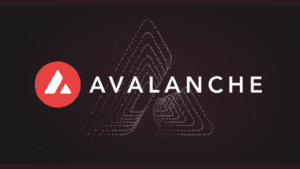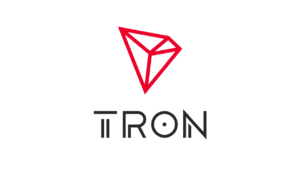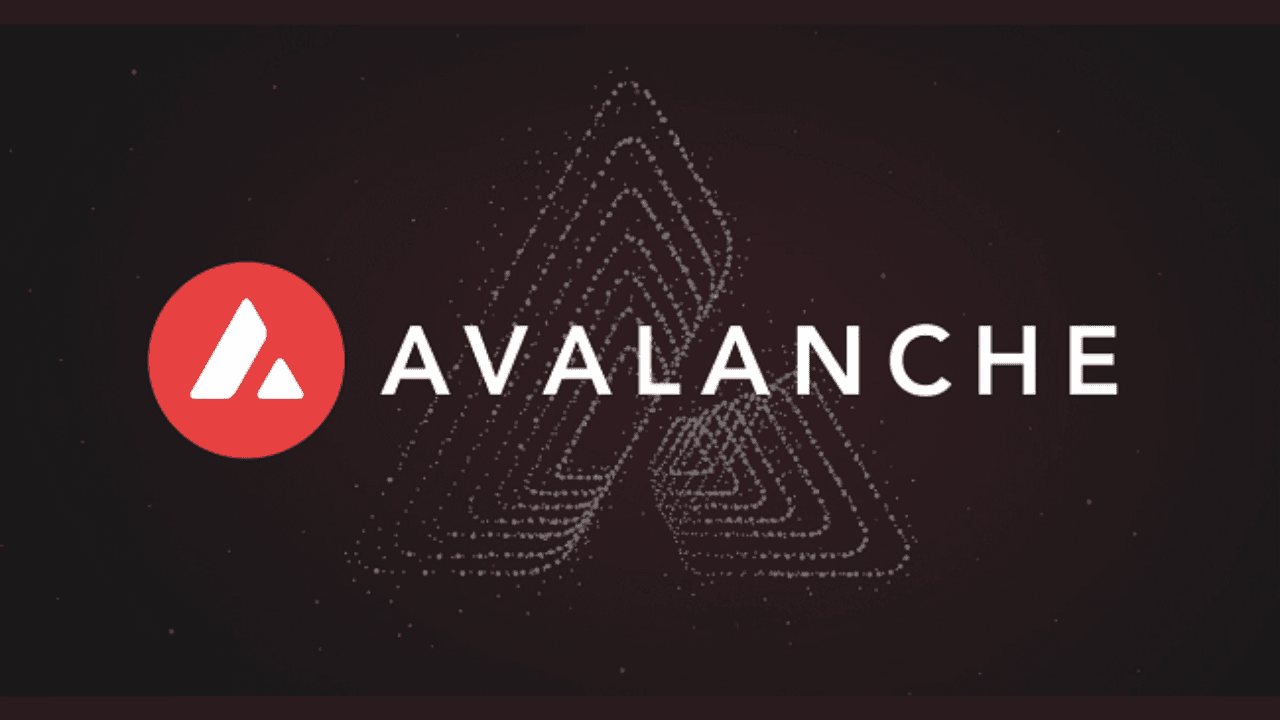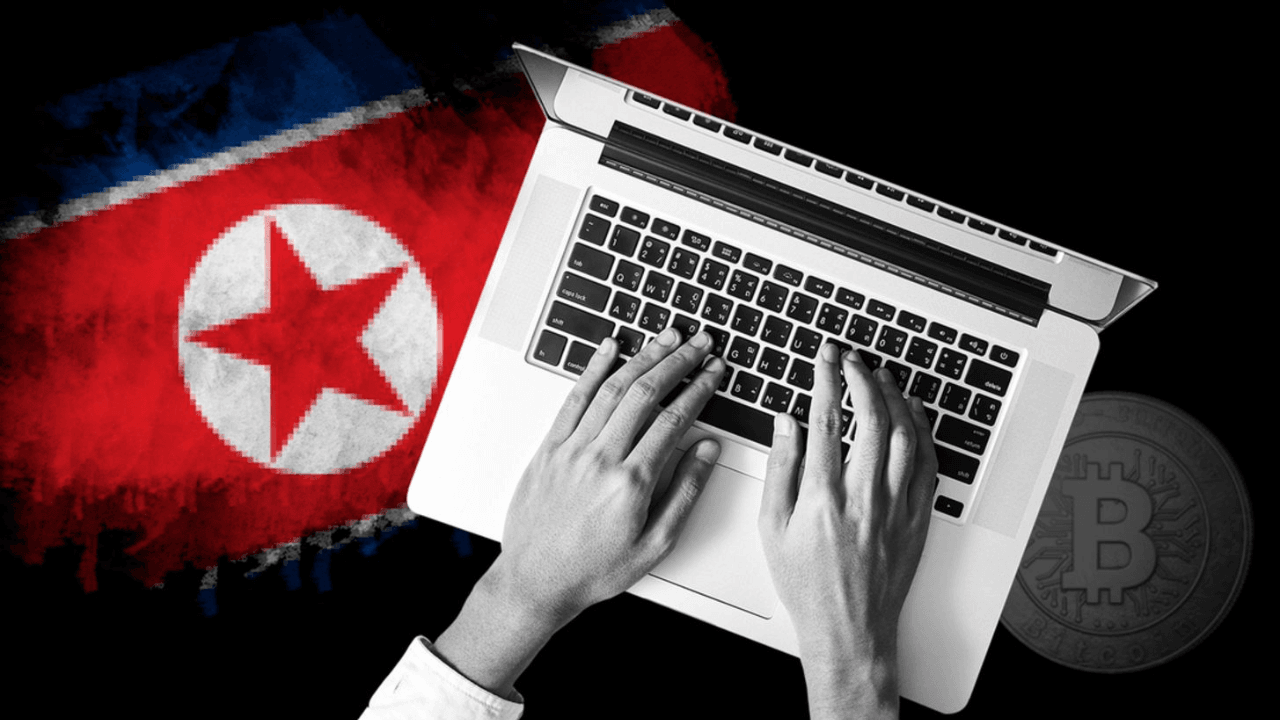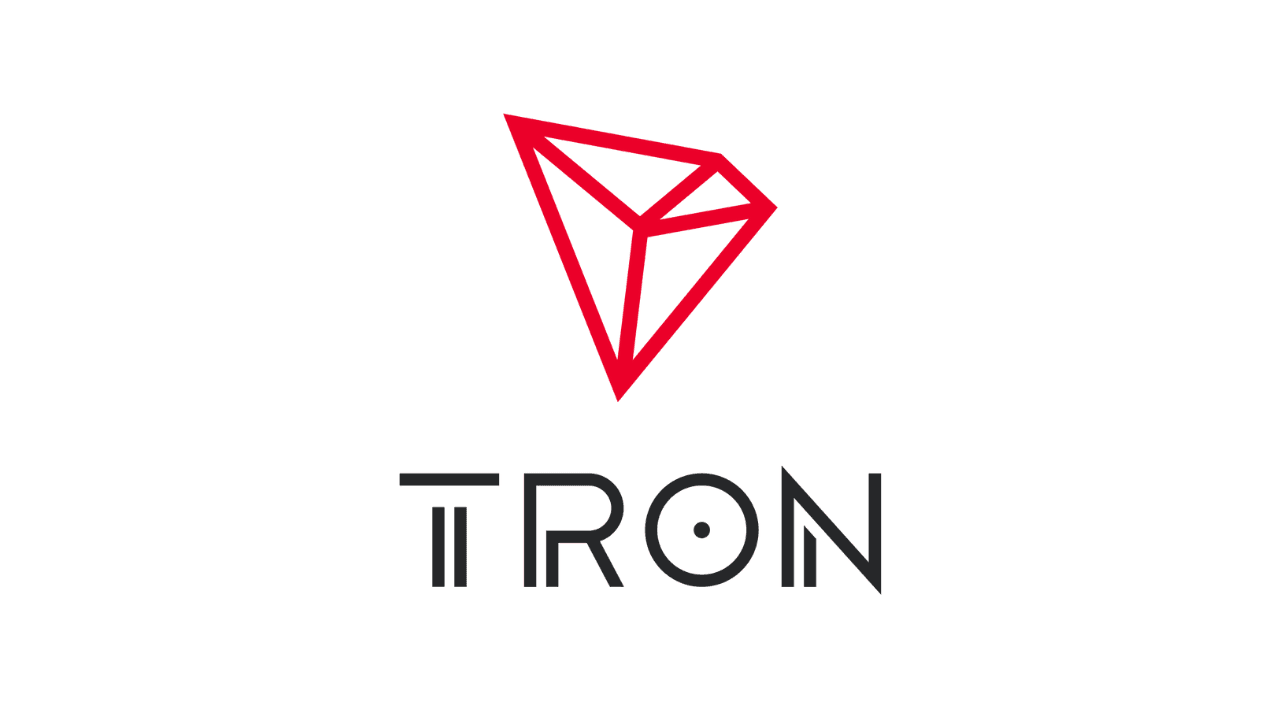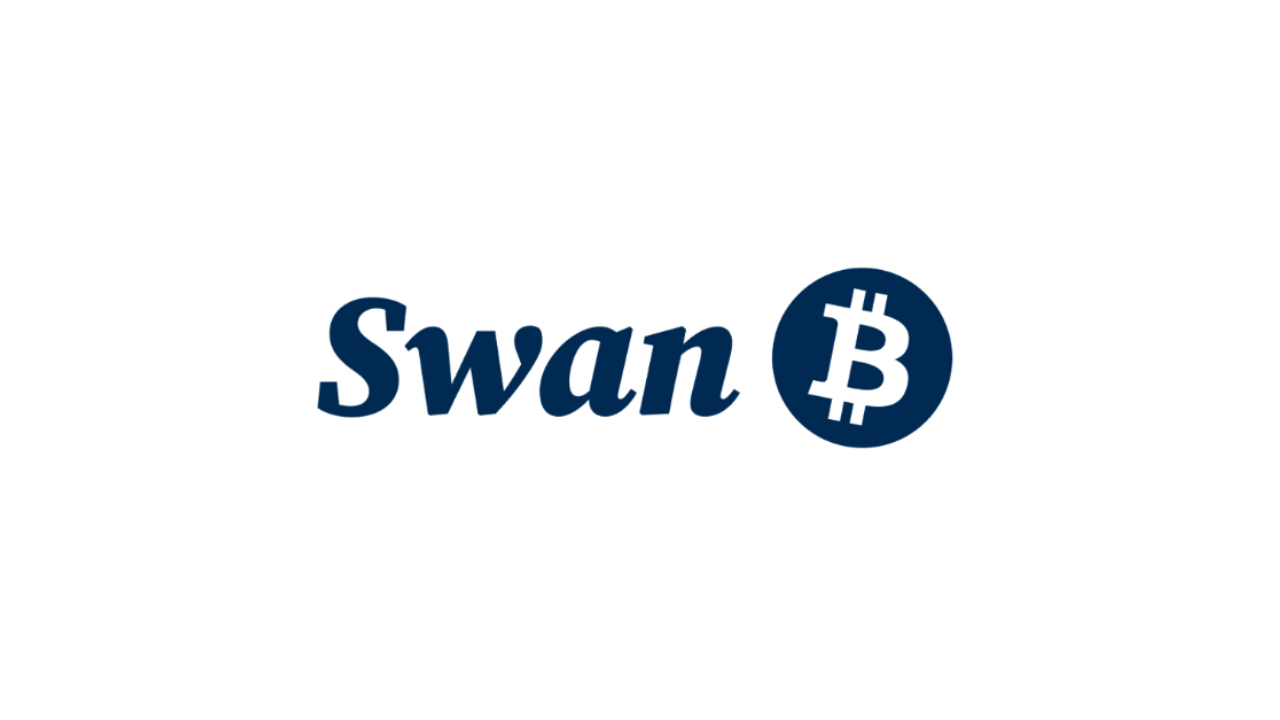In a significant move aimed at combatting illicit financial activities involving virtual currencies, the Department of the Treasury’s Office of Foreign Assets Control (OFAC) has imposed sanctions on a Russian national, Ekaterina Zhdanova. Zhdanova has been targeted for her alleged role in facilitating the laundering and movement of funds on behalf of Russian elites using virtual currencies.
Table of Contents
ToggleCrackdown on Virtual Currency Usage to Bypass International Sanctions
This action against Ekaterina Zhdanova is part of a broader crackdown by US authorities on Russian states, elites, and other entities employing virtual currencies to circumvent international sanctions. These sanctions, as announced in an official statement, underscore the ongoing commitment of the United States to safeguarding the integrity of both the US and international financial systems against individuals who exploit emerging technologies for illicit financial purposes.
Officials have accused Ekaterina Zhdanova of assisting a client in Russia to obscure their wealth and subsequently transferring over $2.3 million into Western Europe through fraud. Zhdanova is alleged to have accomplished this through the fraudulent opening of investment accounts and real estate purchases, allowing sanctioned Russian individuals and entities to evade the constraints of multilateral US and international sanctions. This evasion strategy is particularly significant in light of the ongoing international sanctions imposed on Russia due to its unprovoked military actions.
Zhdanova’s Involvement in Money Movement
Ekaterina Zhdanova reportedly utilized the OFAC-designated Russian cryptocurrency exchange, Garantex Europe OU, known for failing to comply with Anti-Money Laundering (AML) and Counter Financing of Terrorism (CFT) obligations. Illicit actors allegedly exploited this exchange. Additionally, Zhdanova facilitated fund transfers through conventional means, including cash transactions.
Zhdanova’s clientele included oligarchs who relocated across the globe, with her involvement extending to assisting a Russian oligarch in moving over $100 million to the United Arab Emirates. Furthermore, she played a role in a “United Arab Emirates tax residency service” for Russian clients, potentially aiding in concealing their identities. This service provided clients with United Arab Emirates tax residency status, identification cards, and bank accounts, with payments made in cash or virtual currency and funds subsequently transferred to foreign bank accounts, as determined by the client.
The actions taken against Ekaterina Zhdanova underscore the US government’s resolve to combat financial wrongdoing in the virtual asset ecosystem and prevent technology exploitation for illegal financial purposes. Brian E. Nelson, the under-secretary of the Treasury for terrorism and financial intelligence, emphasized the importance of these efforts in preserving the integrity of the financial system and upholding sanctions against those who seek to evade them.



